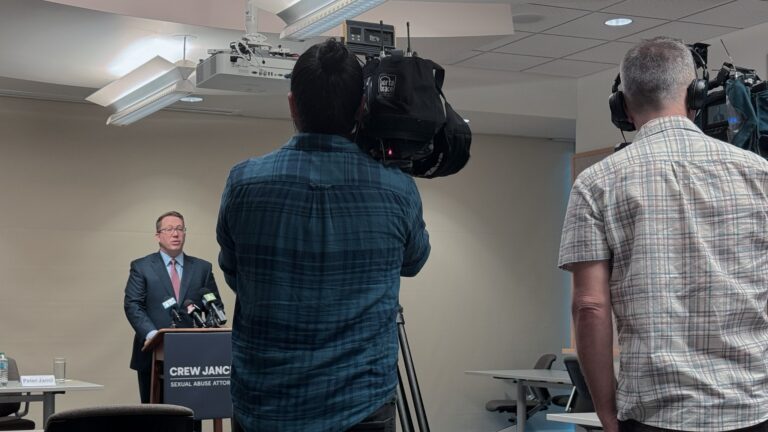
Today, the Eugene Weekly published a piece by Camilla Mortensen, which further detailed the controversies swirling around UO and related institutions’ invasions of student privacy. In the article, Mortensen describes another victim, Laura Hanson, who settled with UO after she, too, was raped by a fellow student, and the University likewise failed to properly respond.
In January of 2013, Hanson was raped by Wil Smith, a member of UO fraternity Chi Psi, after she was likely drugged by the assailant or one of his fraternity brothers. Hanson struggled to define what happened to her that night, and, like many victims of sexual assault, initially had trouble comprehending what had happened to her; Hanson said, “[t]he way I phrased it [was], ‘I had sex with someone I didn’t want to have sex with.’ It took me five days to call it rape.”
Hanson confided in several of her Gamma Phi Beta sorority sisters, but instead of support, she only received victim-blaming and minimizing comments, which added to her confusion. “[The sorority sisters] said things like, ‘Oh, that doesn’t sound like something [the perpetrator] would do.’ One sister chided her for having sex with a man who Hanson’s sorority ‘little sister’ had a crush on.” These responses, too, are altogether uncommon: when many individuals think of a sex offender, the image that immediately comes to mind is one of a masked stranger attacking someone in the night. It is difficult for others to rationalize their belief in a “just world” where sexual assault can happen to anyone, and assailants can be people we know and trust. This, in turn, leads to victim-blaming, which of course compounds victims’ suffering and furthers their feelings of self-doubt, guilt and shame.
Her Sorority sisters planned a party with Chi Psi, the offender’s fraternity. Hanson asked her Sorority sisters not to throw the party, but they did so anyway. In May 2013, Hanson wrote a letter to the University, which eventually made its way to UO Title IX officer Penny Daugherty. Daugherty told Hanson that she shouldn’t bothering filing a police report, as it was a “he-said-she-said” situation.
In mid-January 2013, Hanson went to UO student health center to be tested for possible STDs. She informed the nurse practitioner of the assault during the examination, which Hanson believed was confidential. After she reported the assault in May 2013, she began accessing student counseling services, which she likewise believed were confidential. However, later Hanson would learn that these records were not, in fact, confidential: similar to the way in which UO accessed Jane Doe’s therapy records in late 2014, the University reviewed Hanson’s records without her knowledge or permission.
The University began its investigation in May 2013, and interviewed several people – including some of Hanson’s sorority sisters – but not the perpetrator or members of his fraternity. One month later, the University’s efforts in conducting the investigation effectively ceased. Then, the backlash truly began: Hanson was ostracized, shamed, blamed and forced to cope with an overall hostile environment, all while trying to attend classes and obtain her education. “As time went by and the school did nothing, Hanson’s friends — the sorority that had been her community — began to believe she was ‘a liar and a slut,’ Hanson says. In her sorority, ‘You make a vow to support and be loyal,’ she says. ‘People who made that vow told me I was lying.’”
After receiving no updates from the school for close to four months, “






























